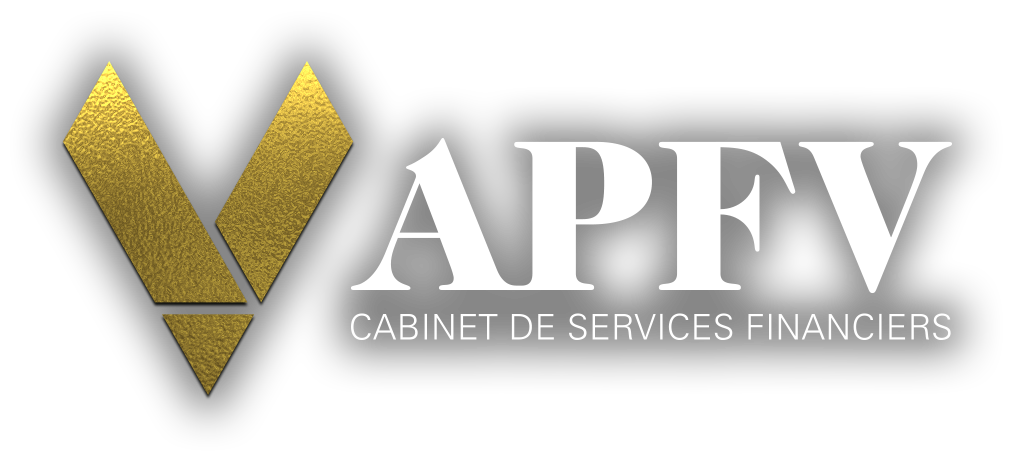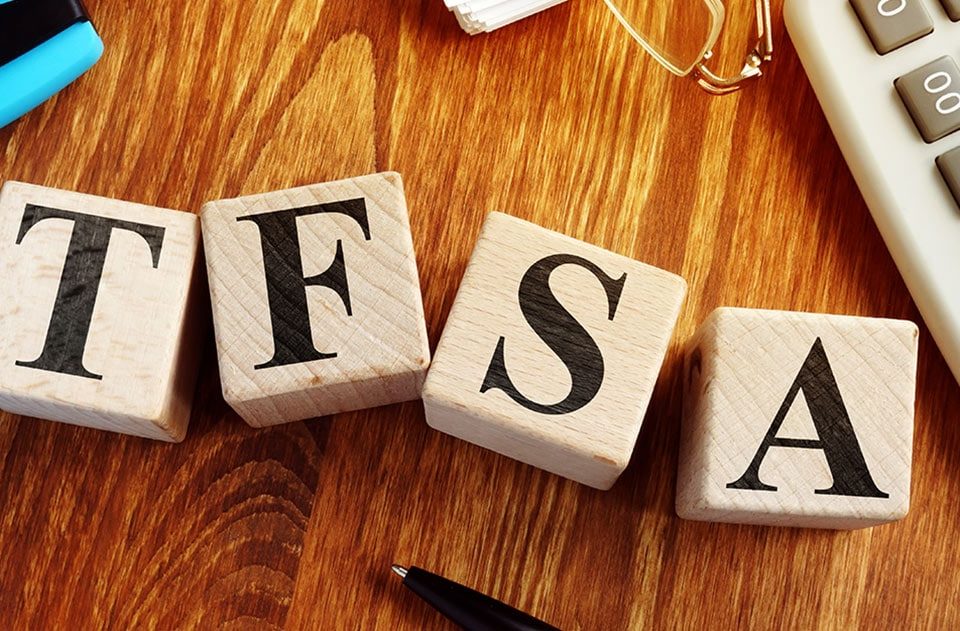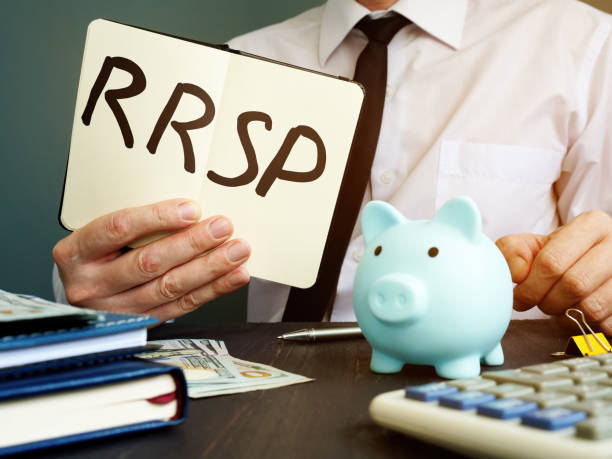How to save money when you do not have much

- First, you need to understand why you need to build up a reserve.
You should always have an emergency fund available and secure at least 3 to 4 months of salary. This fund will help you get by if you get sick, lose your job or any other situation that requires urgent action.
- The key to saving is to pay yourself first and others later.
You also need to save for your retirement. Try to save a fixed amount each paycheck, even if you do not have much money. A good baseline would be to save at least 10% of your after-tax income.
- Set a budget.
It is fundamental that you set up a budget that includes a savings portion, this exercise will help you understand how much you can afford to save each paycheck.
Saving is important, but setting a goal is even more essential, as it will help motivate you and keep your focus on the goal you want to achieve. For example: do you want to build up the capital for a down payment of a future home, a new car, or renovate part of your house?
- Small changes can add up to big savings.
Try avoiding unnecessary lunches and coffees at restaurants, you can probably save up to $2000 a year (or more depending on your lifestyle).
Another effective way to save money is to shop around for the best deal on your everyday expenses such as: your smartphone, the internet, cable TV, home or car insurance, etc.
- Reduce interest costs.
When you use a credit card, it is much more cost-effective to pay for all your purchases on credit once a month, directly with the money you had planned for those purchases. This practice will allow you to improve your credit score. On the other hand, if you do not have enough money to pay the entire bill, one idea would be to open a small line of credit of less than $5000 with your bank, use the money from your line of credit to pay your credit card. The interest rate on the credit card can go over 18% per year, while the interest rate on the line of credit can be negotiated to an average rate of 6%.
- Start a Tax-Free Savings Account (TFSA).
If your income is less than $40,000 per year, it is better to invest your savings in your TFSA than in your RRSP. Eventually, when your income increases, you should review your investment strategy. Under the current rules, when you retire, the income from your TFSA will be tax-free. This will benefit you by paying less tax and taking advantage of government tax credits based on your taxable income.
- Start a Registered Retirement Savings Plan (RRSP).
Registering your savings in an RRSP will provide you with years of tax deferral, build your retirement plan for your golden years, and provide you with a strategy to help you buy your first home in the future.
You can use your RRSP investments for a down payment on your first home. This program is called the Home Buyer’s Plan (HBP) and is available to individuals and couples. You can use the registered amounts to make a down payment on a condo or house and avoid paying the CMHC insurance premium. To date, the maximum eligible amount is $35,000 per person (April 2021). After you purchase your property, you have 15 years to gradually repay your loan into your RRSP.
Remember, it is the simple changes and resilience that help people achieve their goals and budget their money well.
The comments contained herein are a general discussion of certain issues intended as general information only and should not be relied upon as tax or legal advice. Please obtain independent professional advice, in the context of your particular circumstances. This video was designed and produced by Flavio and Violetta Vani, an Investment Funds Advisor with Investia Financial Services Inc., and does not necessarily reflect the opinion of Investia Financial Services Inc. The information contained in this article comes from sources we believe reliable, but we cannot guarantee its accuracy or reliability. The opinions expressed are based on an analysis and interpretation dating from the date of publication and are subject to change without notice. Furthermore, they do not constitute an offer or solicitation to buy or sell any securities. Mutual Funds are offered through Investia Financial Services Inc. Commissions, trailing commissions, management fees and expenses all may be associated with mutual fund investments. Please read the prospectus before investing. Mutual funds are not guaranteed, their values change frequently, and past performance may not be repeated





